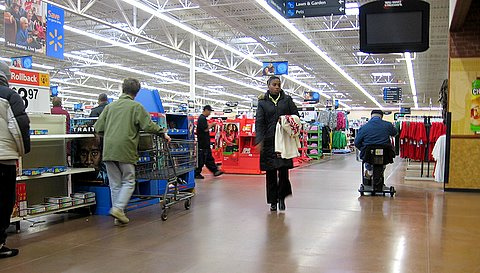All predictions indicate that the economic recovery from the 2007-2009 US recession in will remain sluggish well into the next year. (No crystals balls needed.)
According to the latest quarterly AP Economy Survey, economists are not very optimistic when it comes to the economic rebound. As opposed to earlier predictions, now they typically use words like “weak growth” and “higher unemployment,” words that were taboo a mere few months ago.
Nevertheless, of the 42 economists who took part in the survey, most expressed their conviction (as of yet anyway) that America’s economic recovery is on track and predicted that a “double-dip” recession can be avoided.
According to the findings of the AP survey, economic growth for this year and the beginning of 2011 will not exceed 3%. Unemployment levels are not expected to fall below the current 9.5%. Many of the economists believe that normal 5% level of unemployment is at least four years down the road.
AP’s economic experts are not alone when it comes to bleak predictions. According to a Fed survey published in July, the economy is not springing back. Chairman Ben Bernanke is reportedly considering new steps to invigorate the economy. Interest rates are expected to be held at record lows for a longer period.
In response to the general slowdown, state and local governments have cut their spending in the first three months of this year at a rate of 3.8%. These kinds of actions cause the average American to spend less as well. According to James O’Sullivan, global chief economist at MF Global, there is always the risk that the lack of momentum will snowball and feed upon itself. Usually it’s the consumers who lead a rebound in this kind of situation, but consumer confidence has not shown signs of recovery.
The lethal combination of unemployment, practically non-existent raises and the real estate slump has left US consumers saving more and spending less. And this is not likely to change in the foreseeable future. Following the pattern of a vicious cycle, low consumer spending causes weak growth, which in turn keeps unemployment high.
But, despite all this, not everything is gloom and doom: 55% of the interviewed economists stated that the recovery as “on track” as of the middle of the year. It’s just that the train is awfully slow.

